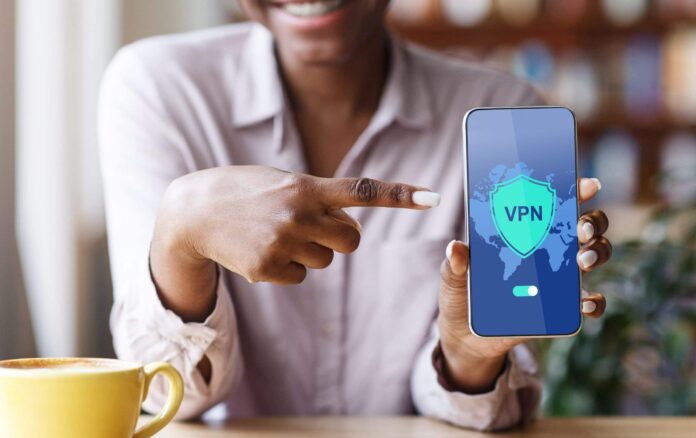Have you ever been watching your favorite show or game via IPTV, only to be interrupted by buffering, sudden geo-blocks, or even worse—a cease-and-desist notice? That’s the sort of nightmare none of us want when we’re just trying to relax and enjoy a smooth stream. So, what’s the solution to avoid these streaming headaches?
I’ll be honest, I was in the same boat not too long ago. You hear the buzz about VPNs and wonder, “Do I really need one just to stream my IPTV?” Some people swear by it, others say it’s not necessary.
So, let’s walk through it together and see why your IPTV stream actually needs protection, and how a VPN plays into that.
What Exactly is IPTV?
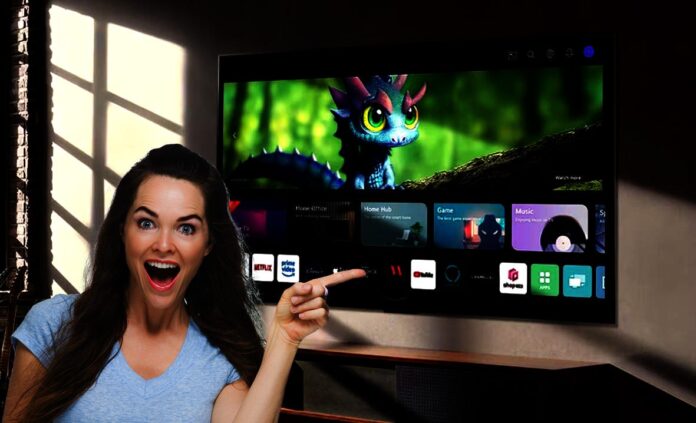
Before we jump into the reasons you might need protection for your IPTV, let’s get a basic understanding of what IP TV is. In simple terms, IPTV (Internet Protocol Television) is a service that delivers television content over the Internet rather than through traditional terrestrial, satellite, or cable formats.
IPTV services are great because they give you access to thousands of channels from all over the world, often at a much lower cost than cable or satellite subscriptions. Whether you’re a sports fanatic trying to catch every match or someone who enjoys watching international TV, IPTV provides you with limitless options.
But Here’s the Catch
The internet isn’t exactly a secure place. You wouldn’t leave your front door wide open when you leave the house, right? The same logic applies when you’re streaming content over IPTV without any protection. Hackers, your ISP (Internet Service Provider), and even governments might be watching what you’re up to. That’s where a VPN comes into play.
VPN 101: What Is It and Why Does It Matter?
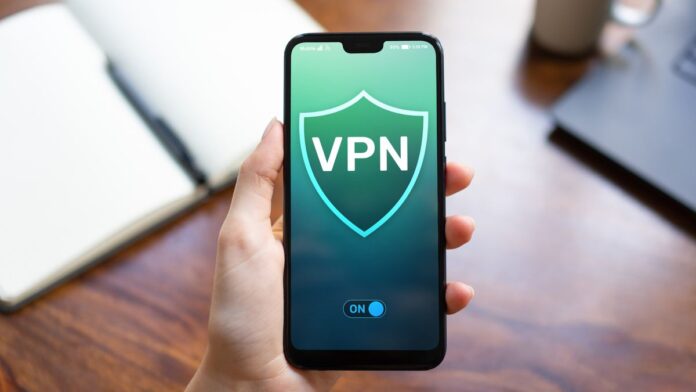
A VPN (Virtual Private Network) works like an invisible cloak, hiding your online activity by encrypting your internet connection. It’s like moving through the internet in a secret tunnel—no one can see what you’re doing or where you’re going.
Why does that matter for IPTV users? Well, it matters a lot.
- Security: Your connection is encrypted, meaning hackers and anyone else trying to spy on your activity can’t steal your data or see what you’re streaming.
- Privacy: Your ISP can no longer throttle your internet speed based on your streaming habits. They can’t even see what websites you’re visiting.
- Geo-blocks: VPNs let you bypass annoying geo-restrictions that limit what content you can access based on your location.
It sounds like a no-brainer, right? Well, let’s go a little deeper into how VPNs directly impact your IPTV experience.
How VPN Protects Your IPTV Stream
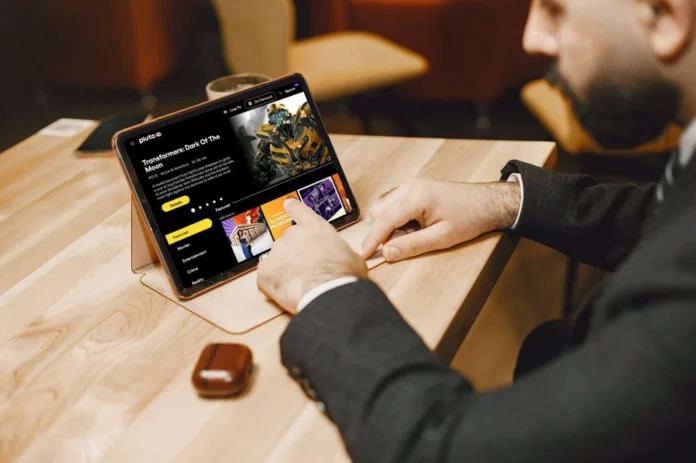
Here’s the thing—when you stream via IPTV without any protection, you’re exposed to a few significant risks. Let’s talk about the big ones.
1. ISP Throttling: Slowing You Down on Purpose
Imagine watching the most crucial part of a live match or series finale, and suddenly… buffering. It’s beyond frustrating. Sometimes it’s not just bad luck or poor connection; your ISP might be throttling your speed.
Many ISPs detect high data usage—like when you’re streaming in HD or 4K—and deliberately slow down your connection. Why? To prevent “bandwidth hogging” or even to encourage you to upgrade to more expensive plans.
With a VPN, your ISP can’t see what you’re doing. They won’t know you’re streaming, so they have no reason to throttle your connection. Result? Faster, smoother streams.
2. Geo-blocks: Unlock the World of Content
Not all IPTV services work globally. Some content is locked based on your location, which means you could miss out on the best shows or sports events because of where you live.
A VPN allows you to connect to servers in different countries, bypassing these geographical restrictions. Want to access content that’s only available in the UK, even though you’re in the U.S.? No problem—just switch your server to a UK location, and boom, you’ve unlocked a new world of content.
3. Privacy Concerns: Your Activity Isn’t As Private As You Think
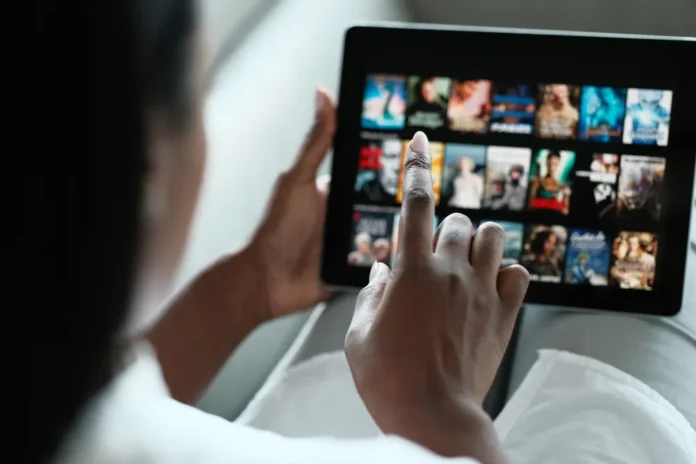
Ever wondered if someone is snooping on your online activity? Your ISP and even your government could be tracking what you’re doing. Without a VPN, every website or stream you visit is visible to them.
VPNs encrypt your data, making it nearly impossible for anyone to see what you’re doing online. This doesn’t just protect you from prying eyes but also keeps your data safe from hackers.
4. Legal Risks: Keeping Yourself Protected
Depending on where you live, streaming certain IPTV content might tread into murky legal waters. Some IPTV services operate in a gray area when it comes to licensing, and without protection, you might be leaving yourself vulnerable to legal notices or fines.
Using a VPN adds a layer of anonymity, reducing the risk of legal issues arising from your streaming activities.
Common Myths About VPNs and IPTV
I’ve heard them all, and I bet you have, too. Let’s debunk some common myths surrounding VPNs and IPTV once and for all.
“A VPN Will Slow Down My Internet Too Much”

Sure, using a VPN adds a step to your connection. But the idea that it will dramatically slow down your internet is often overblown. Modern VPNs are optimized to handle streaming, and with the right service, you likely won’t notice any difference at all. In fact, since it stops your ISP from throttling your speeds, a VPN could even make your stream faster.
“IPTV Is Illegal, and Using a VPN Won’t Protect Me”
IPTV itself isn’t illegal. It depends on the source and how the content is being distributed. If you’re using legitimate IPTV services, you have nothing to worry about. And if you’re accessing content that might be restricted in your country, a VPN can help you stay safe and anonymous.
“I Don’t Need a VPN; I’m Not Doing Anything Wrong”
While you may not be doing anything wrong, privacy should still be a concern. Hackers, ISPs, and even governments are more interested in your online activities than you might think. A VPN doesn’t just protect people who are trying to hide something—it protects everyday users from being exploited or tracked.
Choosing the Right VPN for IPTV
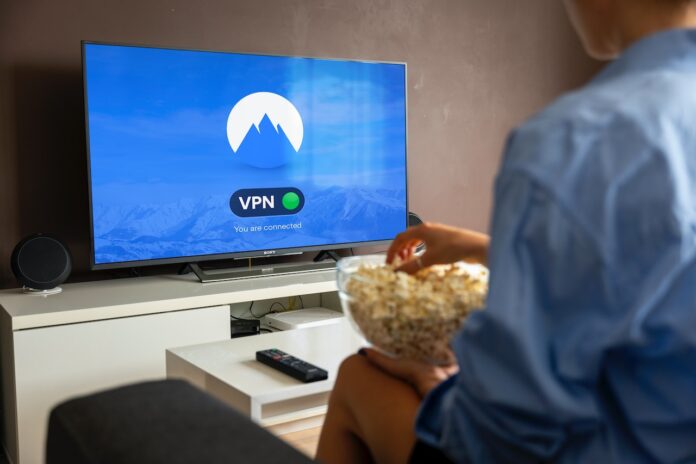
So, we’ve established that using a VPN with your IPTV stream is a smart move. But how do you choose the right one? Not all VPNs are created equal. Some are better suited for streaming than others.
Key Features to Look For:
- High-speed servers: You don’t want to buffer or lag when you’re streaming. Look for a VPN with high-speed servers, especially those optimized for streaming.
- No-logs policy: This means the VPN doesn’t track or store your online activity, adding an extra layer of privacy.
- Unlimited bandwidth: Some VPNs cap your data usage, which can ruin your streaming experience. Make sure the one you choose offers unlimited bandwidth.
- Server locations: The more countries a VPN has servers in, the more content you’ll be able to access. If you frequently watch international content, this is a must.
- Ease of use: You don’t want to deal with a complicated setup or interface every time you want to stream. Choose a VPN that’s easy to install and use across multiple devices.
Conclusion
Streaming IPTV is one of the best ways to access global content, but it comes with risks if you’re not careful. ISPs throttling your connection, geo-blocks, privacy invasions, and potential legal issues are all real threats that can ruin your streaming experience.
By using a VPN, you protect yourself from these dangers. You get faster, unrestricted access to content, keep your data safe from prying eyes, and can stream without worrying about sudden interruptions or legal complications.
So, do yourself a favor. Protect your stream, protect your data, and make the most of your IPTV experience with the help of a VPN. You’ll thank yourself next time you’re watching a flawless, uninterrupted stream

